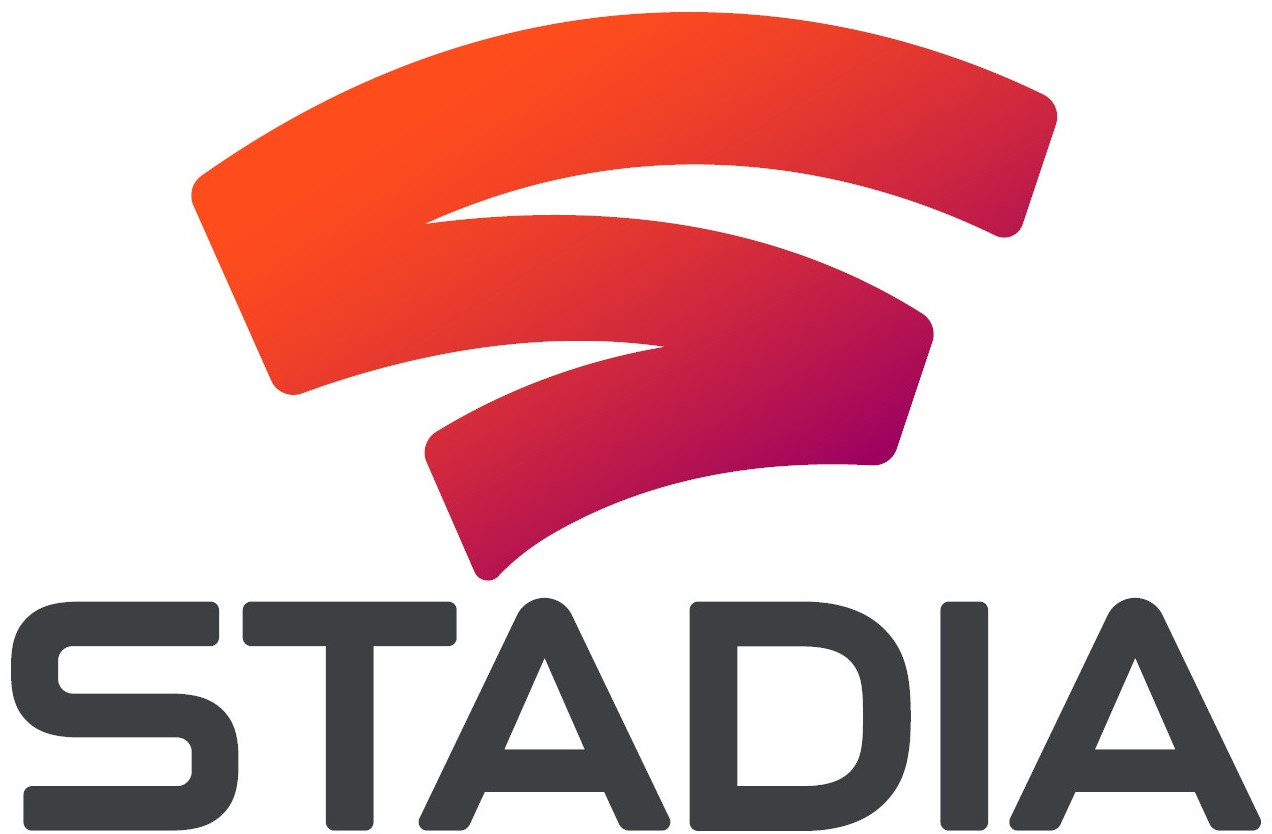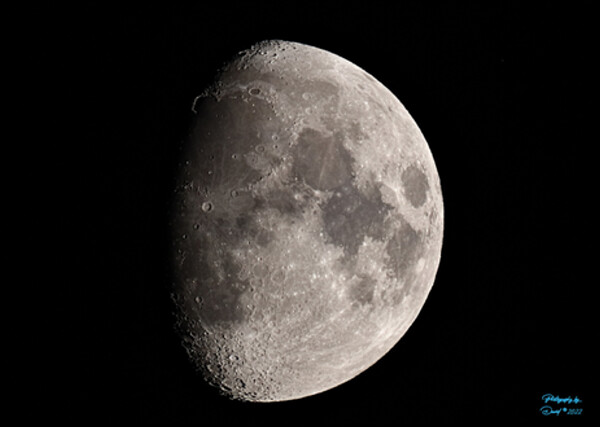| Previous
Page |
PCLinuxOS
Magazine |
PCLinuxOS |
Article List |
Disclaimer |
Next Page |
Short Topix: Linux Kernel 5.19.12 Code Could Permanently Damage Some Laptop Screens |
|
by Paul Arnote (parnote) Monthly Update: Assault On Your Privacy  Chaos, a new malware written in the Go language, is causing havoc. Chaos is a cryptocurrency miner and DDoS piece of malware with backdoor capabilities, according to an article at TechRepublic. It is written for both Windows and Linux. Malware authors are using Go to write the code for the malware, since it is more difficult for security researchers to analyze. Facebook is warning one million users that their account credentials may have been compromised by apps downloaded from the Apple and Alphabet software stores, according to an article from the Seattle Times. Meta (the parent company of Facebook) identified more than 400 malicious apps that target users to steal their login information. Apple has removed 45 of the problem apps, while Google removed all of the apps in question. The apps disguise themselves as photo editors, mobile games, or health trackers. Security researchers at Cisco Talos have discovered a Go language C2 (command and control) standalone server called Alchemist, according to an article on TechRepublic. The malware's web interface is written in both English and simplified Chinese, leading researchers to believe that the malware's origin is from China. The malware targets Windows, MacOS and Linux computers. ByteDance, the parent company behind TikTok, planned to use the social media app to monitor the personal location of certain American citizens, according to an article on Forbes. ByteDance has denied the claims, according to an article from the BBC. Security researchers from McAfee have discovered a malicious clicker embedded into 16 apps on the Google Play Store. All affected apps have been removed by Google from the store. The apps masquerade as "useful" utilities, such as flashlight apps, QR code readers, unit converters, and task managers, and have been installed 20 million times by unsuspecting users. According to an article from TechRepublic, hacker group BlackByte is using Exbyte, a new custom exfiltration tool, to steal data. The threat was discovered by Symantec's Threat Hunter team. This ransomware tool is difficult to discover, because if it sees that it is in a sandboxed environment, it will unload itself. Like many other hacker tools, this one is written in the Go programming language. Another Google Service Dies ... Stadia Shutting Down  Stadia, the cloud-based consumer gaming service started by Google "a few years ago" (November, 2019) will be shuttering come January 18, 2023. Google will refund all Stadia hardware purchased through its Google Store, along with all games and add-on content purchased from its Stadia store. Said Google in its blog post announcing the closure of Stadia: A few years ago, we also launched a consumer gaming service, Stadia. And while Stadia's approach to streaming games for consumers was built on a strong technology foundation, it hasn't gained the traction with users that we expected so we've made the difficult decision to begin winding down our Stadia streaming service. We're grateful to the dedicated Stadia players that have been with us from the start. We will be refunding all Stadia hardware purchases made through the Google Store, and all game and add-on content purchases made through the Stadia store. Players will continue to have access to their games library and play through January 18, 2023 so they can complete final play sessions. We expect to have the majority of refunds completed by mid-January, 2023. Stadia was publicly launched on November 19, 2019, in select countries. By now, you would think that users would have learned better than to embrace Google "services" or products. Just as things get rolling, Google has a propensity for just pulling the rug out from under its supporters feet. The list of discontinued Google services is a very, very long one, and the list just keeps getting longer and longer. Linux kernel 5.19.12 Code Could Permanently Damage Some Laptop Screens  According to a recent article on Ars Technica, Linux kernel 5.19.12 has the potential to damage certain laptop screens. Users of laptops that used Intel GPUs started complaining that their laptop screens would rapidly flicker after updating to the 5.19.12 kernel. Intel engineers took a look at log files and discovered some bogus panel power sequencing delays, which were found to be responsible for the rapid flashing of the displays. They recommended immediately reverting the changes that caused the issue, and that people using laptops with Intel GPUs avoid using the 5.19.12 kernel, even if they didn't experience the display flashing. One day later, kernel 5.19.13 was released without the screen flashing issue. Even though kernel 5.19.12 is behind most of us now (the most recent Linux kernel in the PCLinuxOS repository at the time of the writing of this article is 6.0.6), it's reassuring that such issues as these get addressed so, so quickly, and in such a public manner. You would NEVER see this swift of a response from the "commercial" operating system vendors! And, because the "commercial" operating system vendors are close-sourced, much of the discussion and "fixes" would occur behind closed doors, away from the watchful eyes of the end users. It makes you proud to be a Linux user! Bookworms & Book Collectors: For Your Reading Pleasure...  If you're a bookworm, book collector, or just a reading aficionado, prepare to be delighted. There are two collections of historical books available for your reading pleasure, albeit in digital formats. The first collection is from the University of Florida Digital Collections. It has over 8,700 historical children's literature books available for reading online or for download to your computer. The books range from the 18th Century to the 20th Century. I've found books with as recent as a 1983 publication date, and books as old as having a 1741 publication date. And that was in just a casual perusal of the collection. I did notice a 1903 version of Jack and the Beanstalk in the collection while "thumbing through" the collection, as well as old versions of Robinson Crusoe. The second collection is from our friends at Internet Archive. It has over 20,000 cookbooks in its collection. There appeared to be LOTS of cookbooks from the 17th Century, through the 20th Century. The oldest one I found in a casual perusal of the available titles was "Salt and Fishery," published in 1682. I also found more recent titles, such as Betty Crocker's and Better Homes & Gardens cookbooks in the list of titles. But this is a great way to see how the dishes that were popular with our grandparents and great-grandparents were made. Who knows ... you might even find an old new favorite dish for yourself or your family! In these overactive "social" times where people are overly "sensitive" to what they perceive to be the latest and greatest transgressions, please keep in mind the titles of some of the books in both collections may be "offensive" to some. While the titles were socially acceptable for the times when they were published, they may not be so under today's standards of what's socially acceptable. View them in the context of what was socially acceptable when they were released. If these social sensibilities upset you, then you might want to avoid these collections altogether. New Supercomputer Simulations: Moon Could Have Formed In Matter Of Hours  The current theory of how our Moon was formed since the mid-1970s is that a Mars-sized protoplanet named Theia slammed into the Earth during our planet's ancient primordial history, and the remnants of Theia and the ejected material from Earth coalesced into the Moon over the next several millennia. Or so we thought. On October 4, 2022, a group of scientists published their findings of a new simulation using a supercomputer in The Astrophysical Letters publication (you can read a bit less of a technical summary of the study at the LiveScience website). The supercomputer allowed them to create a simulation that expanded the number of particles from between 100,000 and 1,000,000 particles of debris, to 100 million particles. That allowed them to "see" the results of the collision between Theia and Earth in higher resolution than ever before. The interesting part of the simulation at such a novel high resolution is that it showed that our Moon may have formed in a matter of hours, versus the thousands of years previously thought. The supercomputer simulations allowed them to also explore multiple speeds of impact and multiple angles of impact between Theia and Earth. Ancient Mars **Could Have** Supported Life  Ancient Mars may have been teeming with life, until climate change caused its demise, according to an article on SciTechDaily. Early in its history, the red planet would have likely been habitable to methanogens -- microbes that make a living in extreme habitats on Earth. Most Mars experts agree that the planet started out with an atmosphere that was much denser than it is today. Rich in carbon dioxide and hydrogen, it would have likely created a temperate climate that allowed water to flow and, possibly, microbial life to thrive, according to Regis Ferrière, a professor in the University of Arizona Department of Ecology and Evolutionary Biology and one of two senior authors on the paper. "We think Mars may have been a little cooler than Earth at the time, but not nearly as cold as it is now, with average temperatures hovering most likely above the freezing point of water," he said. "While current Mars has been described as an ice cube covered in dust, we imagine early Mars as a rocky planet with a porous crust, soaked in liquid water that likely formed lakes and rivers, perhaps even seas or oceans." PCLinuxOS Short Topix Roundup  Ye, a.k.a. Kanye West, has announced his plans to buy the conservative social media site Parler. Amazon says over half a dozen hardware vendors have indicated that they cannot enter into a TV manufacturing relationship with the e-commerce group over fear of retaliation from Google, escalating tension with the search giant with whom it competes on several businesses, according to an article on TechCrunch. Partly as a result of Amazon's complaint in the ongoing three and a half year investigation in India over Google's anti-competitive practices related to Google's Android devices, India's competition regulator fined Google $161.9 million on Thursday for anti-competitive practices related to Android mobile devices in "multiple markets" in a major setback for the search giant in the key overseas nation where it has poured billions of dollars over the past decade, according to another article on TechCrunch. The Scottish islands of Shetland took a digital hit on October 19, 2022, as a deep-sea internet cable has reportedly been compromised. The islands, located northeast of Scotland, are seeing landline and mobile phone outages, according to an article on Gizmodo. A major Internet cable in the South of France was severed on October 19, 2022 at 20:30 UTC, impacting subsea cable connectivity to Europe, Asia, and the United States and causing data packet losses and increased website response latency, according to an article on BleepingComputer. A single computer chip has transmitted a record 1.84 petabits of data per second via a fiber-optic cable -- enough bandwidth to download 230 million photographs in that time, and more traffic than travels through the entire internet's backbone network per second, according to an article on the NewScientist website. Some researchers believe that Wikipedia could be an overlooked venue for information warfare, and they have been developing technologies and methods similar to the ones used on Facebook and Twitter to uncover it, according to an article on Wired. The James Webb Space Telescope has returned an image of the famous "Pillars of Creation" in infrared light that's the sharpest, most detailed portrait of the spectacular star-forming region ever seen, according to multiple reports across the news spectrum. You can view NASA's JWST image here. Nikon has announced the winners of its 2022 Photomicrography Contest, showcasing some of the gnarliest micro-photography pictures yet. Remember a few months ago we talked about how RedHat Linux upset the apple cart that was CentOS? Well, it seems that Rakuten Mobile was one of those CentOS users. When faced with paying "subscription fees" to RedHat, the CEO directed the company to do the necessary work to dump RedHat and replace it with Rocky Linux. You might recall that it was Rocky Linux that filled the void left by CentOS. You can read more about the switch on the TelecomTV website. |











